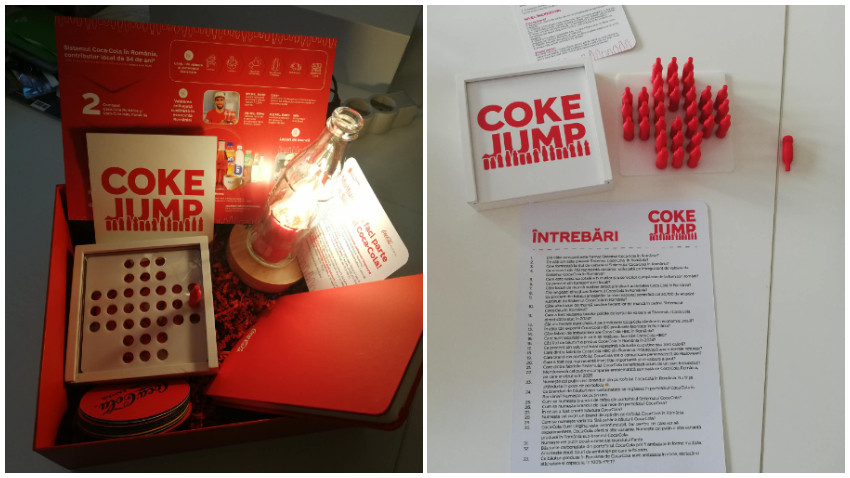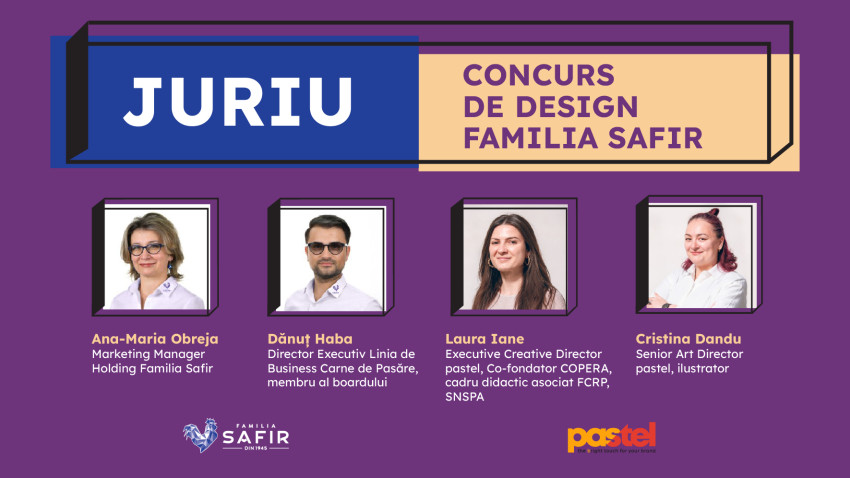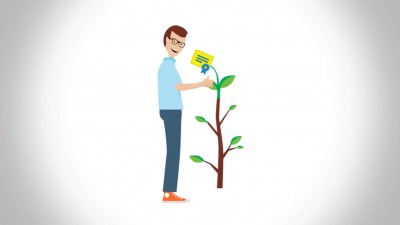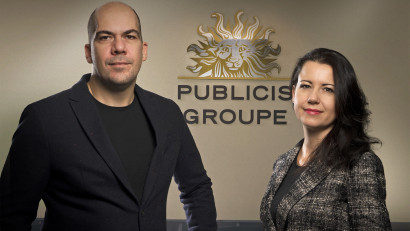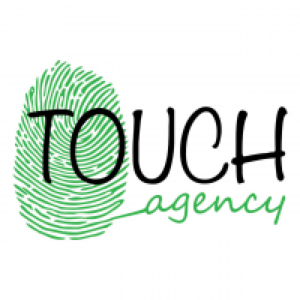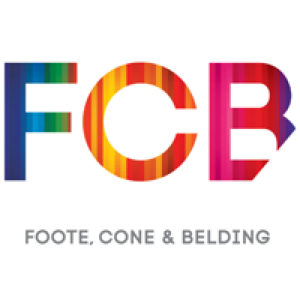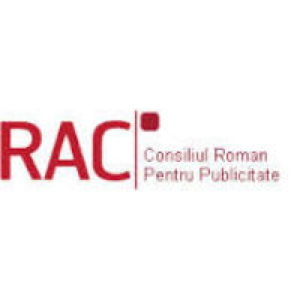Writing is an overlooked skill, and account people who want to stand out should learn how to be great commercial writers, says Robert Solomon, consultant, coach, and author of "The Art of Client Service."
For Robert, the most crucial point in his career is writing his book. He wrote it because he needed it to help train his people, and it has turned him into a widely known and respected author. And it's why he was a speaker at the "Creativity4Better" IAA Global Annual Conference in Bucharest, Robert believes.
We had the pleasure to talk to Robert and pick his brain about the importance of writing as a skill for anyone on client service, how one can perfect this skill, and the lessons we can take away from failures.
Advertising as an accidental profession
For me, advertising was a bit of an accidental profession. I never grew up saying I wanted to be an advertising person. In fact, I have a Master's degree in Literature. I was going to be a college professor. Along the way, after I got the master's degree, I decided I wasn't going to get a doctorate, and I had to get a job. I fell back onto something I knew: communication in the broadest sense. In the early days, I had a communications role.
Then, by surprise, I got a call from a recruiter who said, we have a job in Boston. I was in an advertising agency in Washington, D.C., and didn't want to relocate to Boston. But I flew to see them. They told me they had a job but couldn't tell me who the client was or anything else about it. Two weeks later, I started working for that organization, which became Digitas, a well-known international digital agency. Its parent is Publicis Groupe.
I never intended to go into advertising. But somehow, I evolved from being a college professor to a communicator to an advertising person.
Defining moments
People often ask me, what is the single most important thing in your long career? And I said that's easy. Writing my book was the most important thing. It's the book that will not die. It's gone through three editions. It's been in print for over 20 years. I couldn't kill it if I wanted to. It's taken on a life of its own, so I was here today to speak.
If someone says to me, was it a job? Was it a client? Was it a piece of creative work you were affiliated with? Was it anything like that? None of that is true. It was writing my book that was transformative for me.
It doesn't mean I discount all the relationships I have forged with colleagues and clients. They're priceless to me. But again, if I had to choose one thing, it would be that I wrote a book that other people have come to rely on.
People say, why did you write it in the first place? As a senior advertising person, I needed a book to help my people. I went looking for it, and I couldn't find one. So I said I'll write it.
In the time since, no one else has written a book. And each edition has been a little better than the previous one. It's become essential to me as part of my life.
Why client service?
Again, it was a little bit of an accident. My first job was at Digitas, and they didn't know what I was. A creative person, a copywriter, or more like an account person? They asked me, literally.
I thought I could be an average, mediocre copywriter. But I had another instinct. I said I could be a really good account person. I was 33 years old. And that's what I became. It was a choice that I made instinctively, and it was a good choice. I will never retire because I love what I do.
The importance of writing
Writing is overlooked as a skill. My ability as a writer is my secret weapon.
My skill in writing with clarity, concision, and conviction distinguishes me as an account person. When I sit down to write something, whether a conference report after a meeting or something as ambitious as a letter of proposal for a significant new assignment, I tend to write better than most of my competitors.
So many people today are not very adept at writing. When you inject confusion, verbosity, and a lack of confidence in your writing, it shows. Clients won't say suddenly, oh, that's a piece of inferior writing. But they know.
Writing is a key skill that account people need to master to be good. Many account people give short shrift to this. But it is a critical capability for account people to have. If you're a young account person and you say, how can I distinguish myself from my peers? One of the best things you can do is become an excellent commercial writer because your colleagues will respect you.
Years ago, when I was at Digitas, I became so effective as a writer that two things happened. People would come to me whenever they had a proposal and say, Robert, could you look at this for us? Including the agency founder. And then, when we had a presentation, people would also come to me. They used to call me "Robert, the deck swami."
Perfecting writing
Clearly, practice is incredibly important.
The fact that I have a graduate degree in Literature gave me a certain amount of training. I read a lot of good writers. And the best way to become a good writer is to read the writing of other good writers.
The writer I respect above all others is E.B. White. He wrote the most famous children's book on the planet, Charlotte's Web. He writes the most elegant, succinct, and to-the-point prose there is. He writes beautiful English. And he's the writer that I try to emulate the most.
The other thing is I had to learn a foreign language in high school and college. My Spanish gave me an appreciation for English because you must understand English grammar to speak Spanish.
If I were giving some advice to your readers, it would be to become a better communicator because anybody can master the skill of writing. Anybody.
Learning from failure
Once, I lost a really important client, a friend of mine - Maria Miller, who was part of American Express. She fired me and our agency. When she was walking me to the elevator, she said, Robert, I like you, but working with you is just too hard. She said I will accept work that isn't quite as good so I can sleep at night.
I went back, and I said, we got fired by Maria Miller. We did good work, but working with us was incredibly burdensome to her.
The lesson for me was that my clients don't want to worry about anything. The one thing that I can do is alleviate or eliminate worry from their lives. If what I'm doing does that for them, they will stay my clients. But if I'm a source of anxiety, worry, and concern, they're not going to be my client for very long.
My job, in part, is for clients to say, Robert's got this. I know I don't have to worry if he's handling it. That was the lesson I took away from this example. And I've applied it elsewhere, ensuring my clients don't worry.
I had a client from a big company, Compact Computer - now owned by Hewlett-Packard. The client, who was a vice president, only spoke to me. When she called me, it was usually with a problem. I don't know how often I told her I hear you, and I've got it. Trust me. It will get fixed. Of course, I was as good to my word. That's why she was such an important client for us. She had faith that when she called me and had an issue that needed to be resolved, she could trust it would get done.






